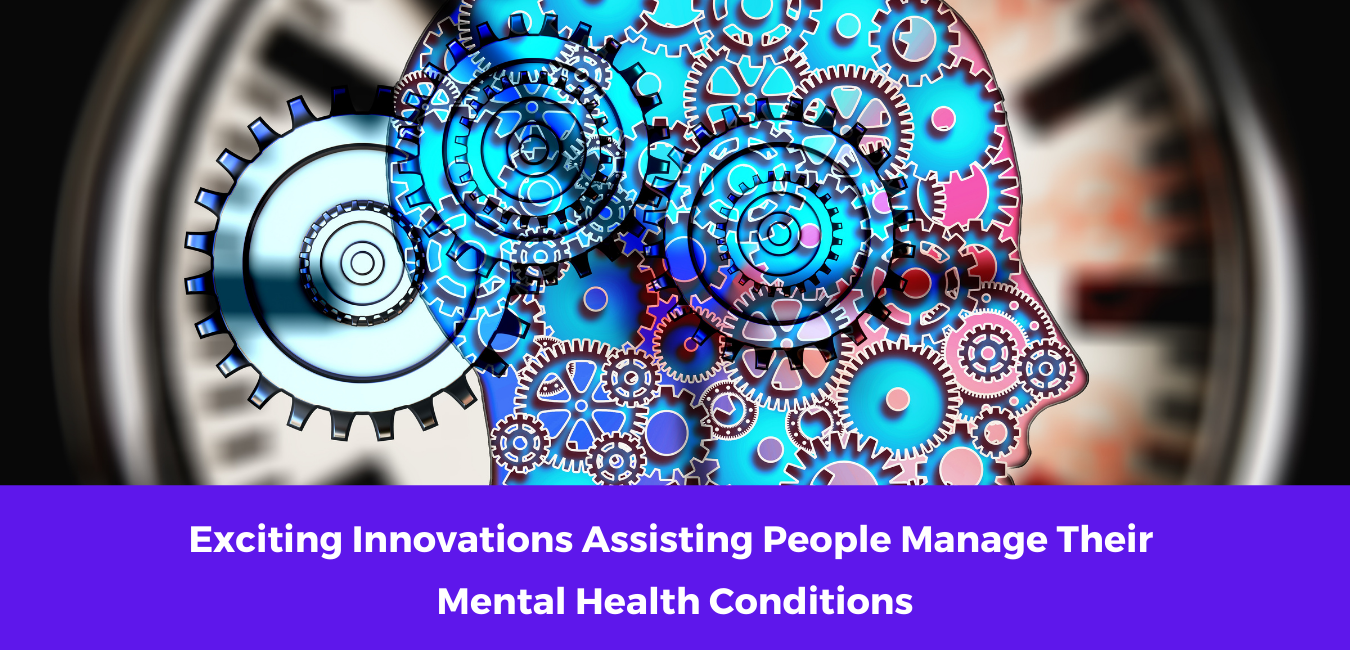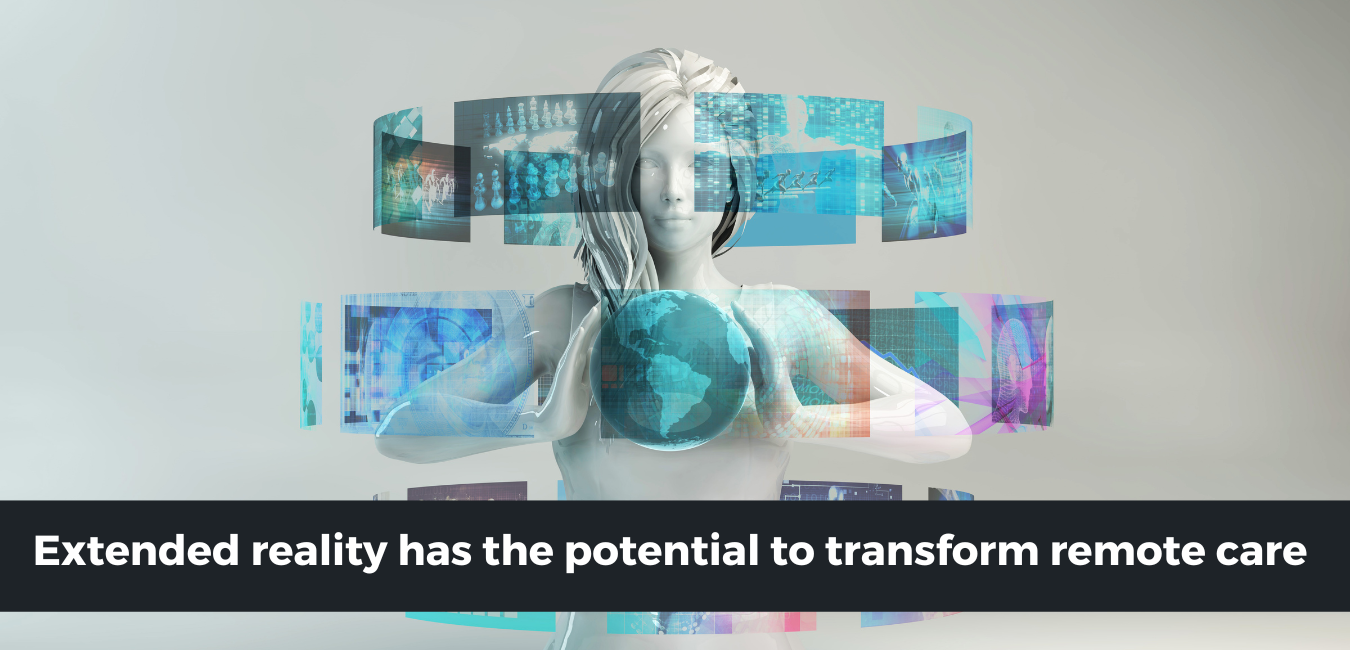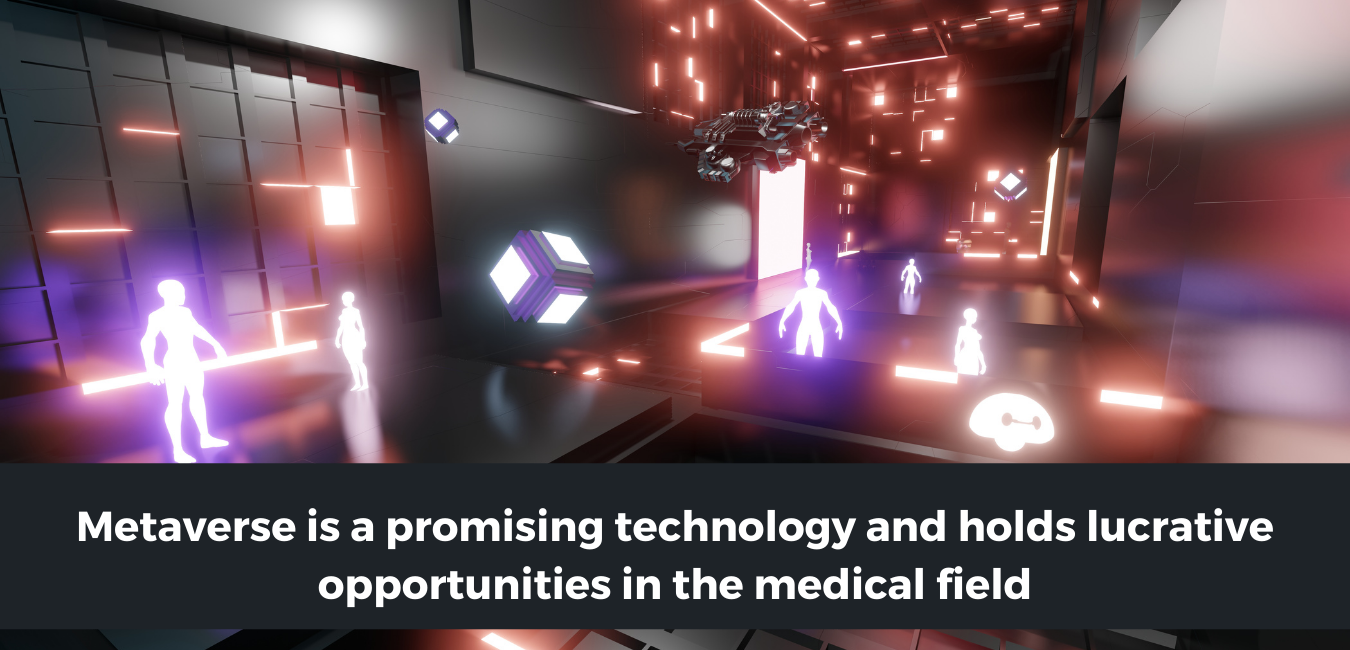Exciting Innovations Assisting People Manage Their Mental Health Conditions

Mental health is the talk of the town. Or should I say "talk of the world?" It was something that was talked about under the wraps or "closed doors." However, after the pandemic hit the world quite powerfully, the scale of the mental health crisis escalated by multiple folds. In fact, 2021 was all about "mental health in an unequal world."
The President of "The World Federation for Mental Health," Mr. Dr. Ingrid Daniels, highlighted in this theme the importance of access to mental health services which often remain unequal. In fact, between 75% to 95% of people suffering from mental health issues aren’t able to access proper medical care at all, especially in developing countries.
Usually, the less investment in the mental health sector causes this gap, resulting in a rising number of mental health cases. Is that all? No, there's more! What is it? Let's find out more!
Technology And Mental Health Services- What's More?
Mental health services aren't up to the mark in terms of number and quality. Contact with machines is the first point of contact, and individuals are struggling. But how so far can devices help in treating human minds? The research is still in the early days.
For instance, the use of AI technology and natural language processing are increasing, its use in mental health treatment is still in its early days. In fact, a recent survey from two prominent firms found that more than 12000 workers across the globe preferred humans over robots. But did you know more than 68% of the people like talking to a robot over their manager about stress or anxiety at work?
In fact, more than 80% of people indicated that they were open to talking to a robot as their counselor. The idea of unbiased information is what people want. But how does technology help in managing mental health? Keep reading, and you'll find more!
Three ways technologies help with mental health care
- Virtual Reality: It is a relatively upcoming field. It's quickly becoming an integral part of our lives in many ways. It also holds an essential role in the treatment of common mental health conditions. How? The VR headsets help individuals who have PTSD to cure their symptoms by again recreating the scenes that often act as triggers. This allows them to find the right methods to create a safe environment for themselves. It is also quite beneficial for patients dealing with depression, anxiety, or other disorders.
- Mental Health Apps: You can find an app for almost every possible service today. For instance, productivity apps, banking apps, or weather forecasting, we have many apps that are pretty useful to streamline our day-to-day lives. In the same way, so many mental health apps have been garnering attention since 2009. And the best part is that apps are everywhere. And the apps available now are incredibly useful in many areas like anxiety or depression. A few apps include Calm, Moodnotes, Headspace, and Talkspace.
- Mood Apps: Did you know that mood notes is one of the most popular mood apps? This app helps you identify the spots that trigger your mood when you have constant mood changes. These apps have a journaling feature that helps them avoid any mood issues. Such apps allow you to self-treat mental health issues. And if you are already seeking professional support, this technology works well in conjunction with professional counseling or therapy.
Digital Health: A gold rush moving forward
Did you know a lot of money is flowing into this sector? In fact, as per a survey, more than $9.4 billion is already invested in digital health this year. AI-powered digital health has been growing in popularity since 2011. And many companies are now investing in mental health startups that focus primarily on AI.
However, scientists believe that automation and thoughtful use of these technologies are helpful with a human touch to those who need it urgently. There is a big gap in identifying the triggers that lead individuals towards substance abuse or suicidal tendencies. And AI can fill that role by helping with predictive analysis.
For instance, one of the startups, Woebot Health, that introduced a chatbot to provide digital mental health counseling, is one of the best examples of how new technologies are pretty helpful in filling the gap of demand and supply.
Like that, some mental health websites provide options to seek help through many support groups. People can connect and share their experiences, get advice, and offer tips for better management.
Real-life examples
One of the examples is Wysa is widely available since it can be downloaded on smartphones. It already has more than one million supporters. This app supports those with depression, stress and is also helpful with a range of wellness needs. In fact, users can get advice from professionals and get that extra support to manage their mental health condition.
Another example is "Youper," which is also a "pocket therapist." It is known for its efficient AI capabilities. More than 80% of users confirmed a change in their mood with only one conversation. This app uses mindfulness to calm users and help them sleep better. It tracks mood and also provides insights that can help determine a user's personality.
In The End: Technology-based Mental Health Care is Booming
The pandemic has not only plummeted businesses but has also positively impacted many areas. For instance, technology-based health care is growing by leaps and bounds. Of course, we aren’t there yet. But AI can provide resources that can help with anxiety and many other mental health conditions.
This is helping organizations to fill the gap between the services available and required. These can offer wellness and prevention services that help people manage stress and anxiety. Some apps even help users connect to a human therapist and allow them to get the support they require.
The future is bright. And one can see on-demand behavioral health platforms offering coaching, video therapy, and self-guided activities. So, with time one can expect these exciting innovations making even more contributions towards mental health care.










